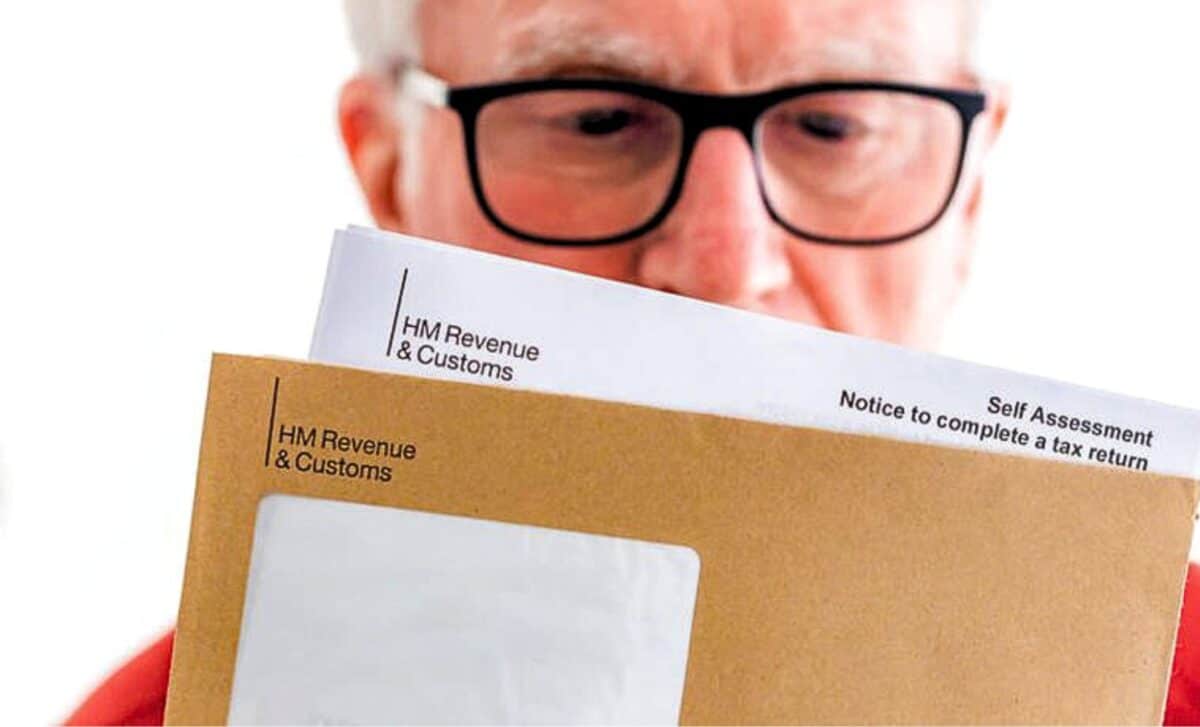Changes to the payment schedules for various benefits facilitated by the Department for Work and Pensions (DWP) and HM Revenue and Customs (HMRC) have been announced due to the May Bank Holidays on May 6. Consequently, some claimants may receive their payments in advance.
DWP, HMRC and PIP Early Payment Schedules
Due to the bank holiday, benefits which are payable on that day will not be processed by the banks. Therefore, DWP and HMRC have adjusted their timetables to take account of this circumstance.
So if your payment was scheduled for 6 May, it will have to be paid on 3 May, the last working day before the Bank Holiday.
NB: In case of doubt as to the date of payment of your benefits or tax credits, please contact your local benefits office.
Frequency of Benefit Payments
The frequency at which you are paid depends on the type of assistance you are applying for.
- Universal Credit: Typically paid monthly on the same day.
- Tax Credits: Generally paid every four weeks or weekly.
- Child Benefit: Most often paid every four weeks on a Monday or Tuesday.
Keep in mind that these benefits may be affected by prepayment changes.
Benefits Affected by Early Payment Changes
The following benefits are likely to be affected by the early payment changes next week:
- Attendance Allowance
- Carer’s Allowance
- Employment Support Allowance (ESA)
- Jobseeker’s Allowance (JSA)
- Pension Credit
- Personal Independence Payment (PIP)
- State pension
- Working Tax Credit
- Child Tax Credit
- Child Benefit
Eligibility for Benefits
You can claim benefits if you are employed or unemployed, disabled or ill, a parent, young person, elderly or a veteran. Many benefit calculators are available to help you work out what you can claim.
Citizens Advice can also provide more information. They offer a range of services to advise you on the financial aid available to help you.
Benefit and State Pension Increase
Since April, benefits have increased by 6.7%. For instance, if you are a single person aged over 25, your Universal Credit payment has risen from £368.74 to £393.45.
Similarly, the State Pension has increased by 8.5%. This means those receiving the new State Pension (for those reaching retirement age after April 2016) will now receive £221.20 per week, compared with £203.25 previously.









